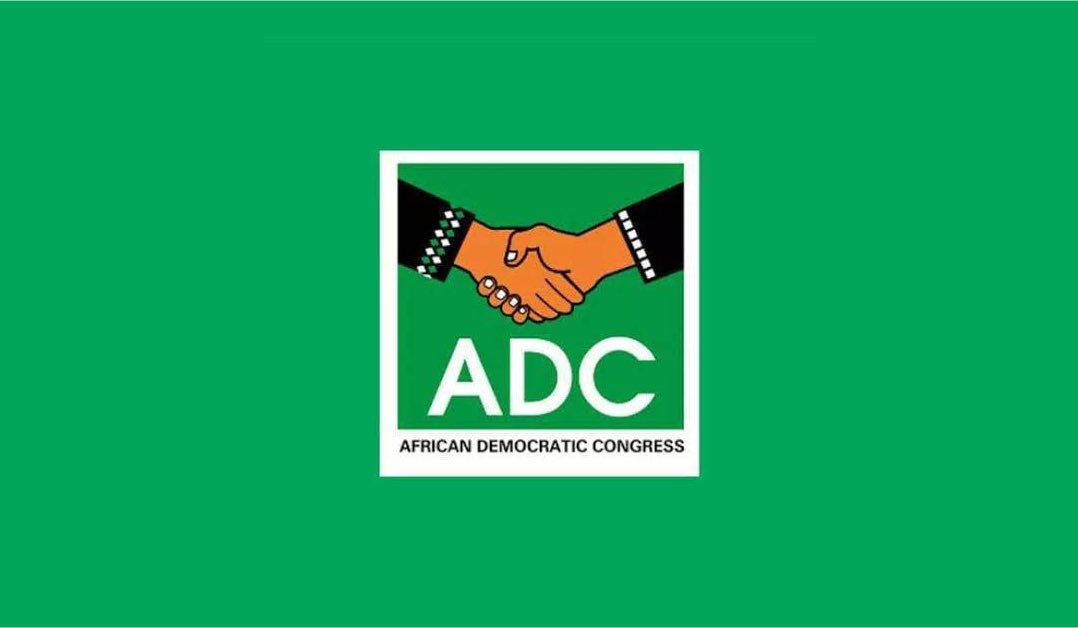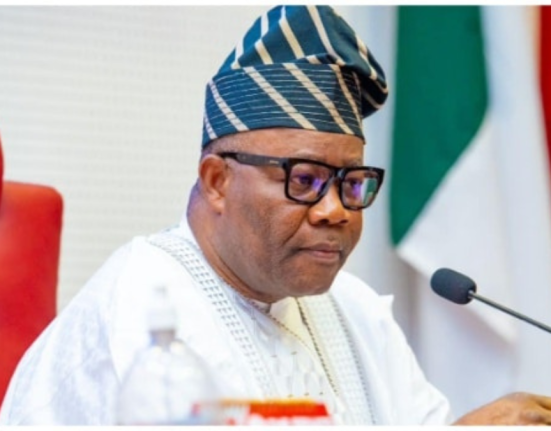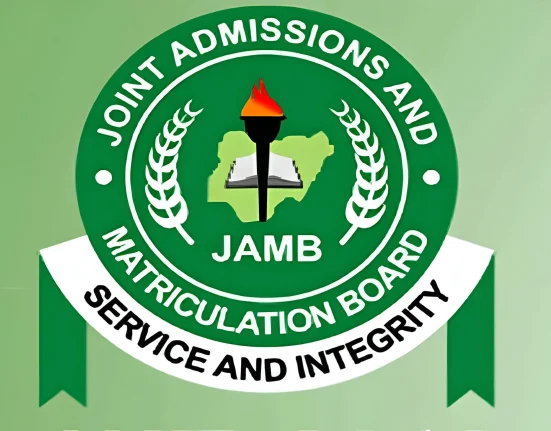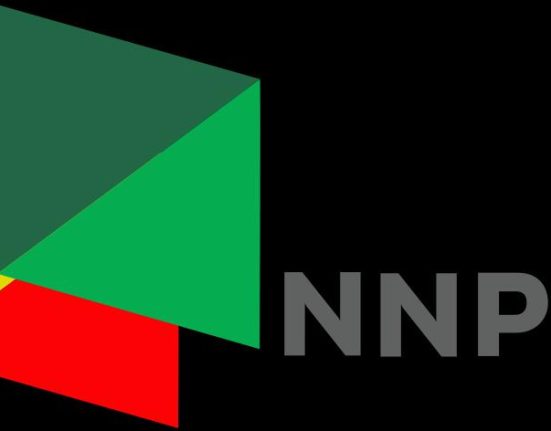The African Democratic Congress (ADC) has explained its decision to field candidates in only the 20 constitutionally recognized Local Government Areas (LGAs) during the ongoing Lagos State local government council elections. According to the party’s Lagos State Chairman, George Ashiru, this move aligns with a 2024 Supreme Court judgment affirming the autonomy and constitutional status of Nigeria’s 774 LGAs. While the Lagos State Independent Electoral Commission (LASIEC) is conducting elections across 20 LGAs and 37 Local Council Development Areas (LCDAs), the ADC deliberately chose to focus solely on the LGAs recognized by the Nigerian Constitution.
Ashiru noted that although the party initially considered not participating in the election, pressure from members and aspirants who believed they had strong grassroots support led to a change in position. Still, the ADC leadership insisted on limiting participation to areas it considered constitutionally valid. “In line with the Supreme Court ruling on local government autonomy, we chose to focus our campaigns and field candidates only in the 20 constitutionally recognised local government areas,” he said. He emphasized the party’s commitment to the rule of law and its refusal to legitimize what it sees as an unconstitutional expansion of councils by the state government.
The Supreme Court ruling, delivered in July 2024, reaffirmed that only the LGAs listed in the 1999 Constitution are legally recognized and are the only tiers entitled to statutory federal allocations. While states like Lagos have created LCDAs to address population and administrative needs, these structures do not hold constitutional backing. Legal experts and civil society organizations have also weighed in, with many arguing that LCDAs, though practical, lack the legal authority to participate in elections or receive federal funds directly.
Despite fielding candidates in just 20 of the 57 council areas where elections are being held, the ADC expressed confidence in its candidates and called on LASIEC to conduct the polls transparently and impartially. Ashiru noted that the credibility of LASIEC would be judged by the fairness of the electoral process, adding, “At the end of this election, people will rate the commission because, ideally, parties win in their areas of strength.”
Meanwhile, the ruling All Progressives Congress (APC) has fielded candidates in all 57 local councils and 376 wards across Lagos State. The Peoples Democratic Party (PDP) is contesting in 45 councils and 259 wards, while other parties such as the Labour Party, Zenith Labour Party, Accord, APGA, SDP, and YPP are also represented. Of the 19 political parties that initially expressed interest in the elections, only 15 submitted final candidate lists, according to LASIEC.
The ADC’s position has reignited debate over the legality of LCDAs and the broader issue of local government autonomy in Nigeria. As the election unfolds, attention remains fixed on voter turnout, electoral fairness, and the long-term implications of the Supreme Court’s ruling on grassroots governance in Lagos and beyond.








